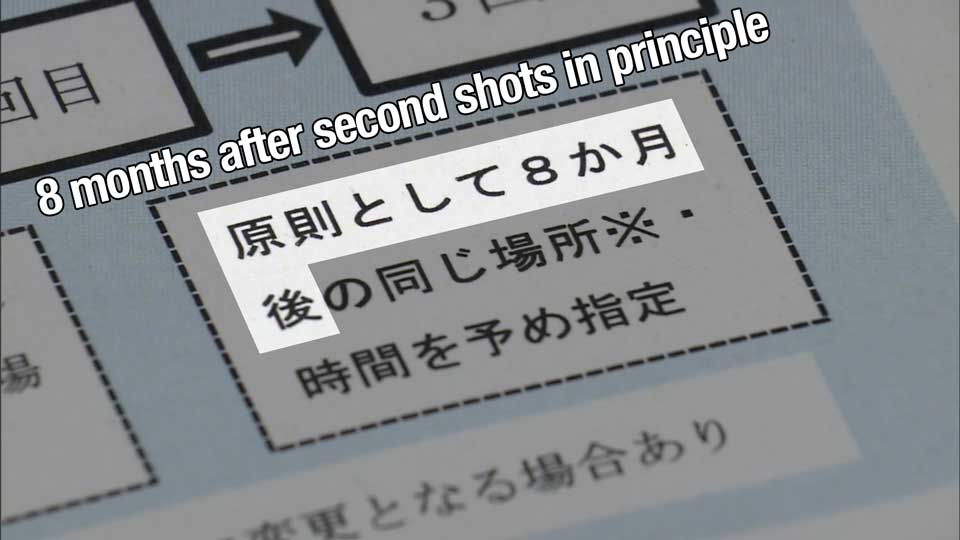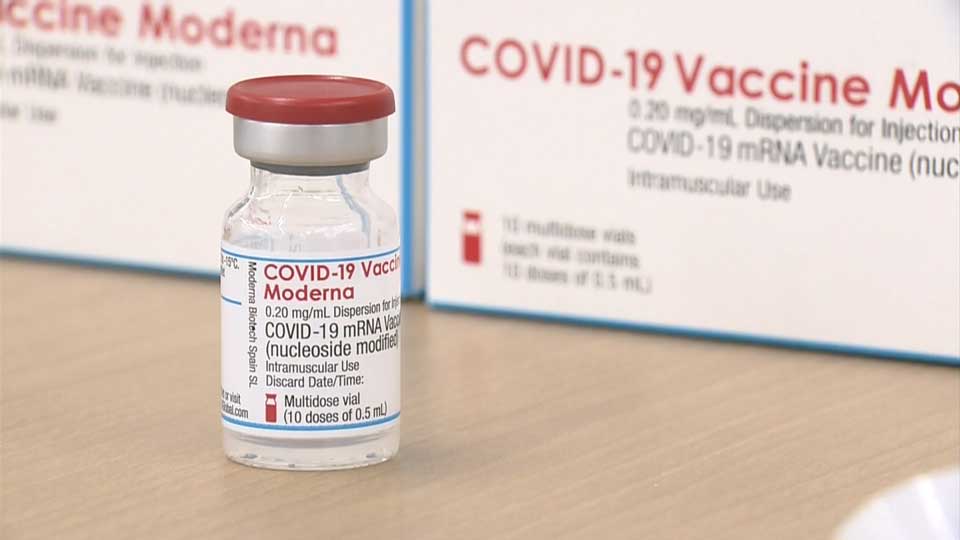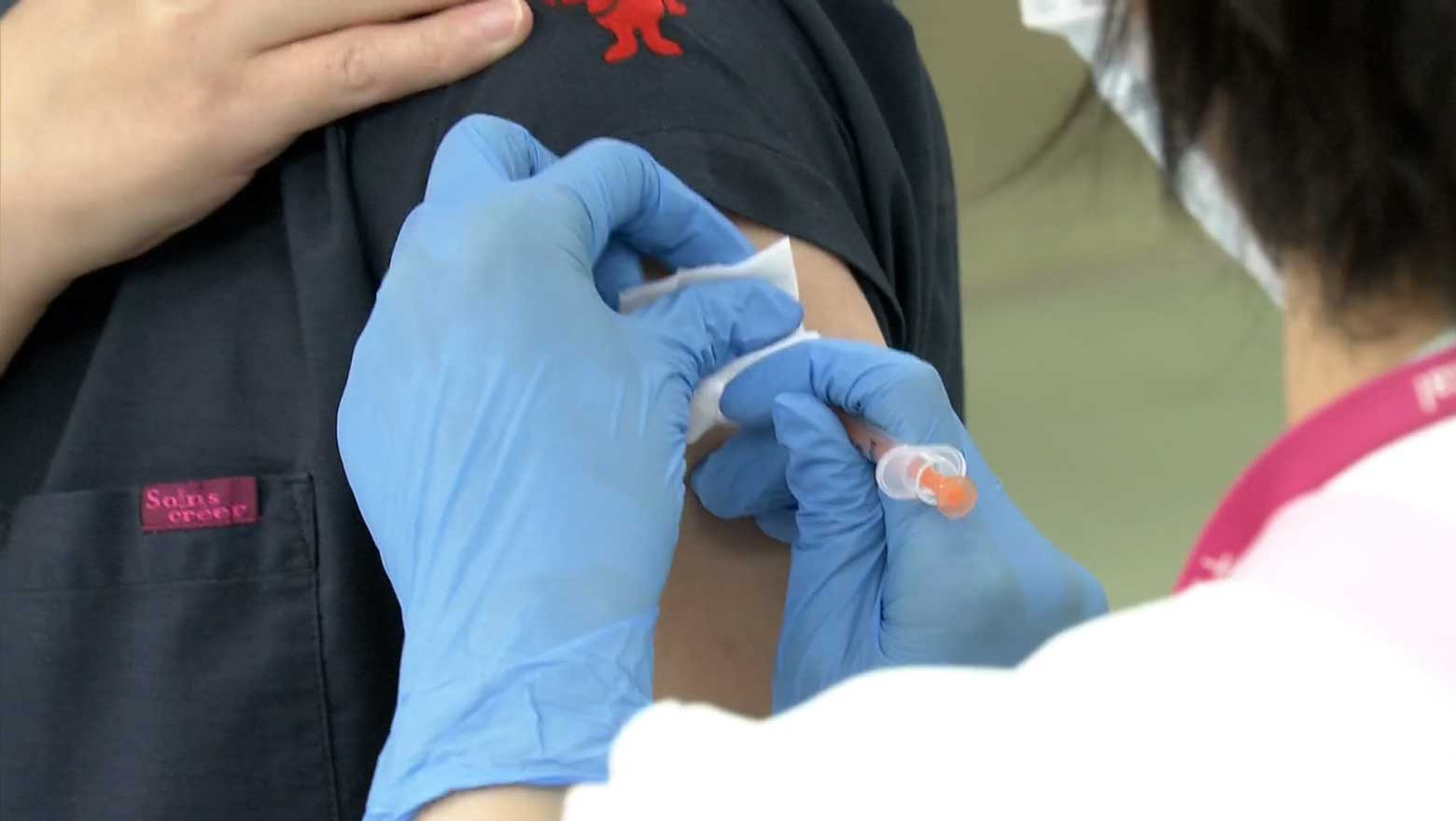The goal is to prolong the effectiveness of coronavirus vaccines, which naturally declines over time. The target will be people over 18 who have received their second shot at least eight months previously.
The government says over one million medical and healthcare workers are expected to get a booster by the end of the year. People over 65 years old will become eligible in January.
Chiba University Hospital near Tokyo is one of the hospitals that has already begun administering booster shots, and staff there are monitoring the effects on antibodies in their blood.
Dr. Igari Hidetoshi says he hopes collecting data on the effectiveness of the booster will encourage people to get a third shot.
However, as scientists across the world analyze the Omicron variant, it is still unclear how effective the vaccines currently in use will prove.
Timing is everything
The Japanese government has decided the interval for booster doses should be set at "more than eight months after second shots, in principle." That's a longer period than in other countries that have started offering third shots, and there is pressure to reconsider the timing in light of the Omicron variant.

Britain recently announced to halve the gap between second and third shots to three months, Israel and France have set the interval at five months, and the United States and Germany have all set it at six months.
Hosaka Nobuto, the mayor of Tokyo's Setagaya Ward, is one of those calling for a shorter period. He says he is concerned about the possibility of the Omicron variant being highly transmissible, and offering boosters only after infections have spread will be too late. He said he wants the government to be more flexible as the situation is changing.
Nakagawa Toshio, president of the Japan Medical Association, is broadly in agreement. "There are concerns that the number of Omicron cases may increase rapidly," he says. "It has become necessary to consider advancing the rollout schedule."

Health ministry officials say that in cases of mass infection at medical or elderly care facilities, staff may be allowed to receive a third jab after a six-month interval as an exceptional measure.
They also say that if many local governments move up the schedule for the third shot, the number of people eligible will increase suddenly and it could lead to a shortage of vaccines at a critical time.
